Hydrogen water, also known as hydrogen-rich water, is regular water infused with additional hydrogen molecules and has recently gained attention as a potential health-promoting beverage. While some small studies suggest that drinking hydrogen water may provide antioxidant benefits, reduce inflammation, and even boost athletic performance, more extensive research is needed to fully validate these potential health effects.
Mechanisms of Hydrogen Absorption in the Body
Hydrogen gas can be absorbed into the body through various mechanisms, including inhalation, ingestion of hydrogen-rich water, and percutaneous absorption through the skin. Recent research has provided direct evidence of hydrogen absorption from the skin during hydrogen bathing.[1]
Hydrogen, being the smallest non-polar molecule, has the important characteristic of diffusibility, allowing it to rapidly diffuse into areas without blood flow.[1] When hydrogen gas is inhaled, it acts as a reducing agent in various organs, showing a reduction in oxidative stress, anti-inflammatory, and anti-apoptotic effects.[1]
At low pressures, the amount of hydrogen absorbed by metals is proportional to the square root of the pressure of the external hydrogen gas, indicating that the hydrogen molecule is dissociated into atoms in the metal phase.[3] In metal hydrides, hydrogen atoms are ionized into electrons and protons, with protons occupying interstitial positions in the host metal matrix while electrons join the d-band electrons.[3]
At the surface of palladium, hydrogen molecules are dissociated into atoms and firstly adsorbed at high-symmetry hollow chemisorption sites before being absorbed.[4] The hydrogen absorption/desorption kinetics in alloy hydrogen storage materials are influenced by factors such as temperature, pressure, alloy composition, and surface conditions.[5]
A study using a hydrogen bathing system developed by the School of Veterinary Medicine at Kitasato University demonstrated that hydrogen dissolved in warm water permeates through the skin during bathing, supplying not only the surface of the body but also the central parts through the bloodstream.[1] This system is considered effective for both absorption from the skin surface and inhalation of vaporized hydrogen from the lungs.[1]
In summary, hydrogen gas can be absorbed into the body through inhalation, ingestion of hydrogen-rich water, and percutaneous absorption, with the latter being directly evidenced by recent research on hydrogen bathing. The diffusibility of hydrogen allows it to rapidly reach various organs and exert its therapeutic effects.
Impact on Cardiovascular Health
Molecular hydrogen water (MHW) intake has been shown to exert cardiovascular protective effects in diet-induced obesity (DIO) mice.[1] In a study, MHW intake for 2 weeks decreased heart weight in DIO mice and improved cardiac hypertrophy, shortened the width of cardiomyocytes, dilated the capillaries and arterioles, activated myocardial eNOS-Ser-1177 phosphorylation, and restored left ventricular function.[1]
MHW intake also promoted the histological conversion of hypertrophy to hyperplasia in white and brown adipose tissues (WAT and BAT) with the upregulation of thermogenic and cardiovascular protective genes in BAT (i.e., *Ucp-1*, *Vegf-a*, and *eNos*).[1] Furthermore, the results of a colony formation assay of bone-marrow-derived endothelial progenitor cells (EPCs) indicated that MHW activated the expansion, differentiation, and mobilization of EPCs to maintain vascular homeostasis.[1]
Hydrogen water has been found to neutralize free radicals, reducing oxidative stress and promoting overall cardiovascular health.[3] Its anti-inflammatory properties may also contribute to a healthier, more resilient cardiovascular system by addressing inflammation at its source.[3]
Preliminary studies suggest that hydrogen-infused water may positively influence metabolic markers associated with cardiovascular risk factors like obesity, insulin resistance, and hypertension.[3] One study showed that drinking hydrogen-rich water improved antioxidant enzymes, good and bad cholesterol levels, and acid reactivity, representing a potentially novel therapeutic and preventive strategy for cardiovascular disorders in metabolic syndrome.[3][4]
While more research is needed to fully elucidate the mechanisms and extent of hydrogen water's cardiovascular benefits, these early findings indicate that incorporating hydrogen-infused water into a balanced lifestyle may offer cardiovascular support and protection, particularly in the context of metabolic disorders.[1][3][4]
Hydrogen Water and Metabolic Syndrome
Hydrogen-rich water (HRW) has shown promising effects in attenuating risk factors associated with metabolic syndrome, a condition characterized by obesity, insulin resistance, hypertension, and dyslipidemia.[1][4] A randomized, double-blinded, placebo-controlled trial conducted on 60 subjects with metabolic syndrome found that supplementation with high-concentration HRW (> 5.5 millimoles of H2 per day) for 24 weeks significantly reduced blood cholesterol and glucose levels, attenuated serum hemoglobin A1c, and improved biomarkers of inflammation and redox homeostasis compared to placebo.[1][2] HRW also tended to promote a mild reduction in body mass index and waist-to-hip ratio.[1][2]
The potential therapeutic effects of HRW in metabolic syndrome are attributed to its ability to attenuate oxidative stress, improve cellular function, and reduce chronic inflammation.[1] Oxidative stress plays a major role in the pathogenesis of metabolic syndrome, and drinking hydrogen-rich water represents a novel strategy to combat this condition.[4] In an 8-week open-label study on 20 subjects with potential metabolic syndrome, consuming hydrogen-rich water (1.5–2 L/day) resulted in a 39% increase in the antioxidant enzyme superoxide dismutase (SOD) and a 43% decrease in thiobarbituric acid reactive substances (TBARS) in urine, indicating reduced oxidative stress.[4] Subjects also demonstrated an 8% increase in HDL-cholesterol and a 13% decrease in total cholesterol/HDL-cholesterol ratio from baseline to week 4.[4]
These findings suggest that high-concentration HRW might have promising effects as a therapeutic modality for attenuating risk factors of metabolic syndrome.[1][2] Drinking hydrogen-rich water represents a potentially novel, safe, and effective strategy for preventing and managing metabolic syndrome and its associated cardiovascular disorders.[4]


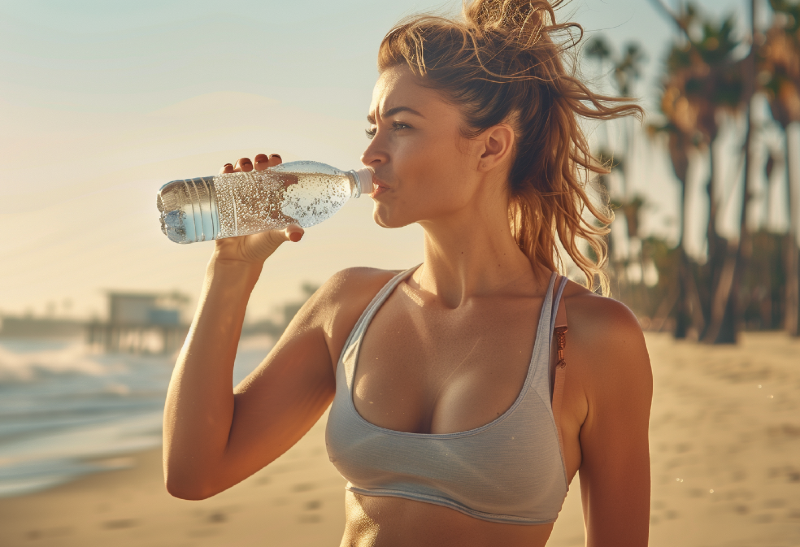
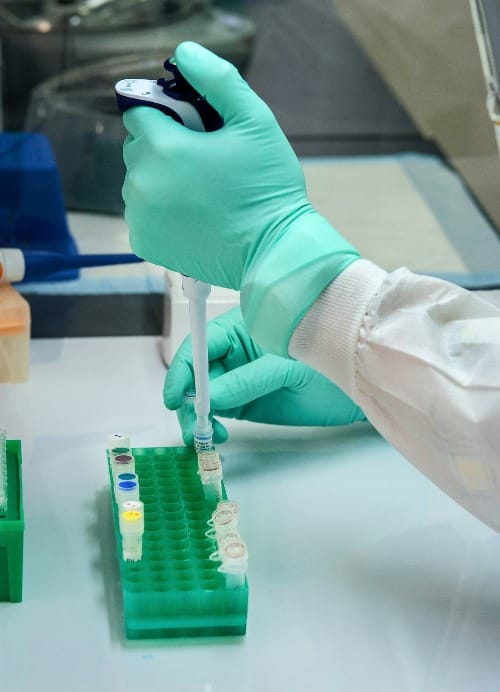

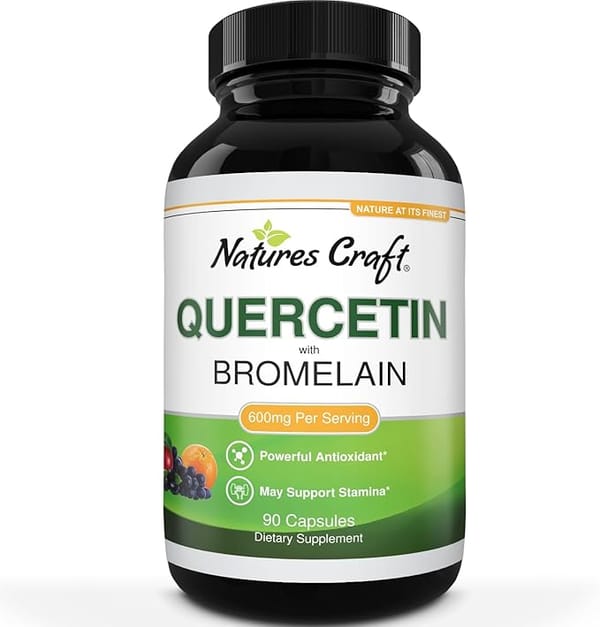

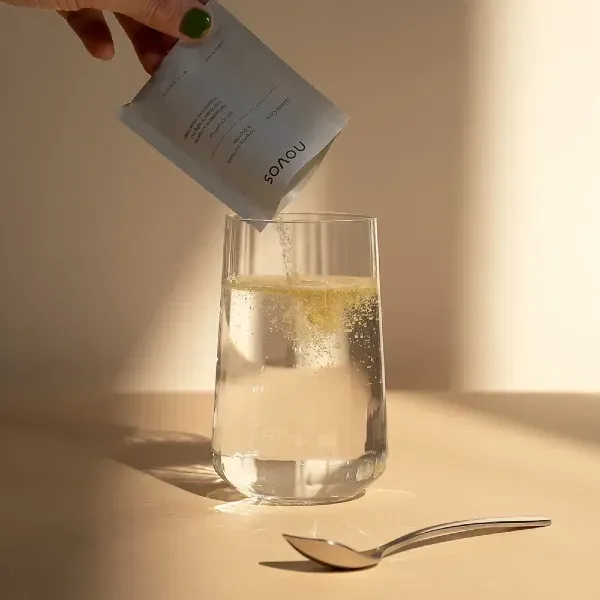



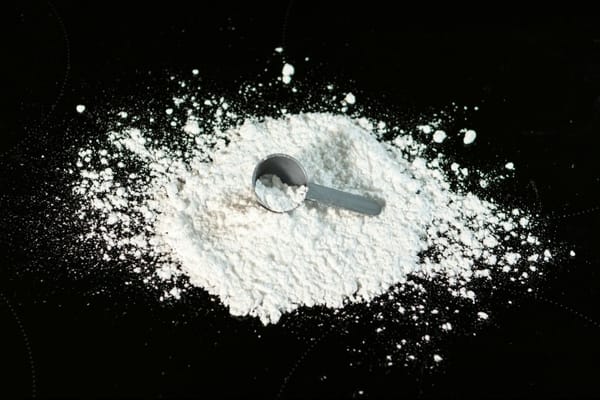

Member discussion